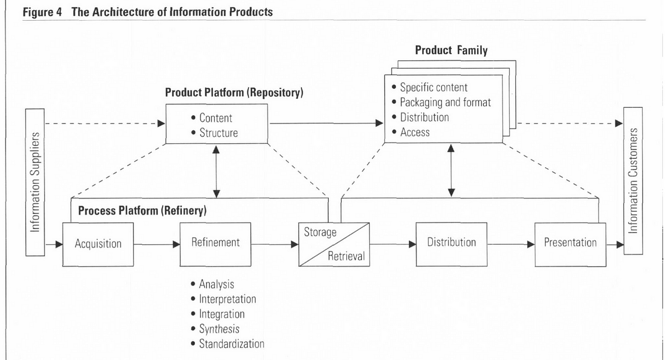Medium
5d
40

Image Credit: Medium
Integrating Perspectives on Data Products
- Integrating perspectives on data products involves combining various viewpoints to advance knowledge, not considering them as wrong but enriching the reader's perspective.
- Key perspectives from Meyer and Zack in 1996 highlighted the market for information products, with Varian's 1998 contribution broadening the scope to include all digitized goods.
- Schomm et al.'s 2013 data marketplace survey emphasized dimensions like type, pricing, trust, and maturity, influencing data product considerations in digital and commercial contexts.
- Patil's 'Data Jujitsu' in 2015 and Dehghani's 'Data Mesh' in 2019 reshaped discussions on data products, focusing more on analytical data and architectural aspects.
- Evolving data products to align with digital product management, as highlighted in Gioia's 2024 book, introduces comprehensive discussions in the context of analytical data.
- The intersection of data and AI, exemplified by Generative AI, is crucial in defining successful data product strategies, with increasing interest tied to AI advancements.
- Differentiating between analytical and operational uses of data and integrating AI into data products are seen as potential steps to enhance data management and architecture.
- Acknowledging contextual relevance in defining data products is essential, with considerations on schemas, design processes, and the convergence of analytics and operations.
- In summary, understanding the problem domain is crucial for determining the most appropriate aspect of data products for individual initiatives, recognizing the nuanced nature of data product definitions.
- The integration of data with AI and the convergence of analytical and operational perspectives underscore the evolving landscape of data product usage and management.
Read Full Article
2 Likes
For uninterrupted reading, download the app